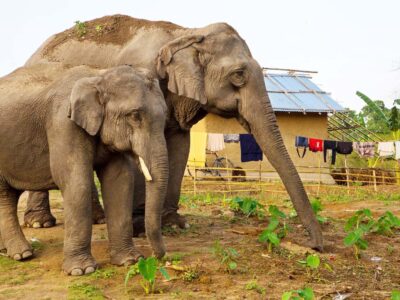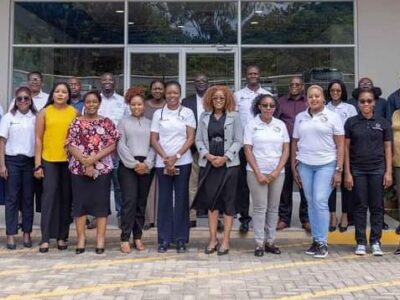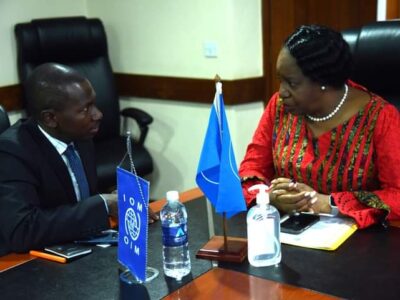Zambia’s Cotton production is estimated to have dropped by 90 percent in the last 10 years following frustration by farmers.
Cotton Association of Zambia (CAZ) Executive Director, John Ngwenyama, said current cotton production stood at 25,000 metric tonnes per year from 275, 000 metric tons.
He said this during a media Interaction in Chipata on Saturday as part of marking the World Cotton Day being held under the theme “making cotton fair and sustainable for all, from farm to fashion”.
Ngwenyama said the sharp decline in productivity had affected the farmers’ livelihoods.
He blamed the sharp decline to the Cotton Act of 2005 which gave powers to ginners to abuse farmers forcing them to exit the industry for other things such as maize production.
“Have we taken interest to understand why the ginners are not exiting the industry despite a 90 percent decline in Cotton production,” Ngwenyama said.
He said this explains why the association was insisting that there was exploitation of farmers because if it was non-profitable, some ginners would have left the sector.
Ngwenyama said cotton was white gold which ginners profit from despite the fact that figures had dropped.
The CAZ official said about nine companies in Zambia engaged over 350,000 farmers in contract or outgrower cotton production annually.
“Since privatisation in the mid 1990s, the industry has experienced a succession of major advances and setbacks. Farmers are getting low yields which average 300 to 400 kilograms per hectare depending on climatic conditions,” he said.
Ngwenyama said this was a major constraint which had resulted in unattractive returns to labour leading to poor management practices that was impacting the industry.
He said the cotton industry was characterized by unavailability of quality seeds and uncertified chemicals and lacks Extension Services by qualified personnel with each provider using their own understanding manual.
“The media will be brought closely to advocate for best practices in the Cotton industry,” Ngwenyama said.
“That is why you come in as key stakeholders because you are recognised as stakeholders that can help us to push our advocacy agenda,” he said.
WARNING! All rights reserved. This material, and other digital content on this website, may not be reproduced, published, broadcast, rewritten or redistributed in whole or in part without prior express permission from ZAMBIA MONITOR.












Comments